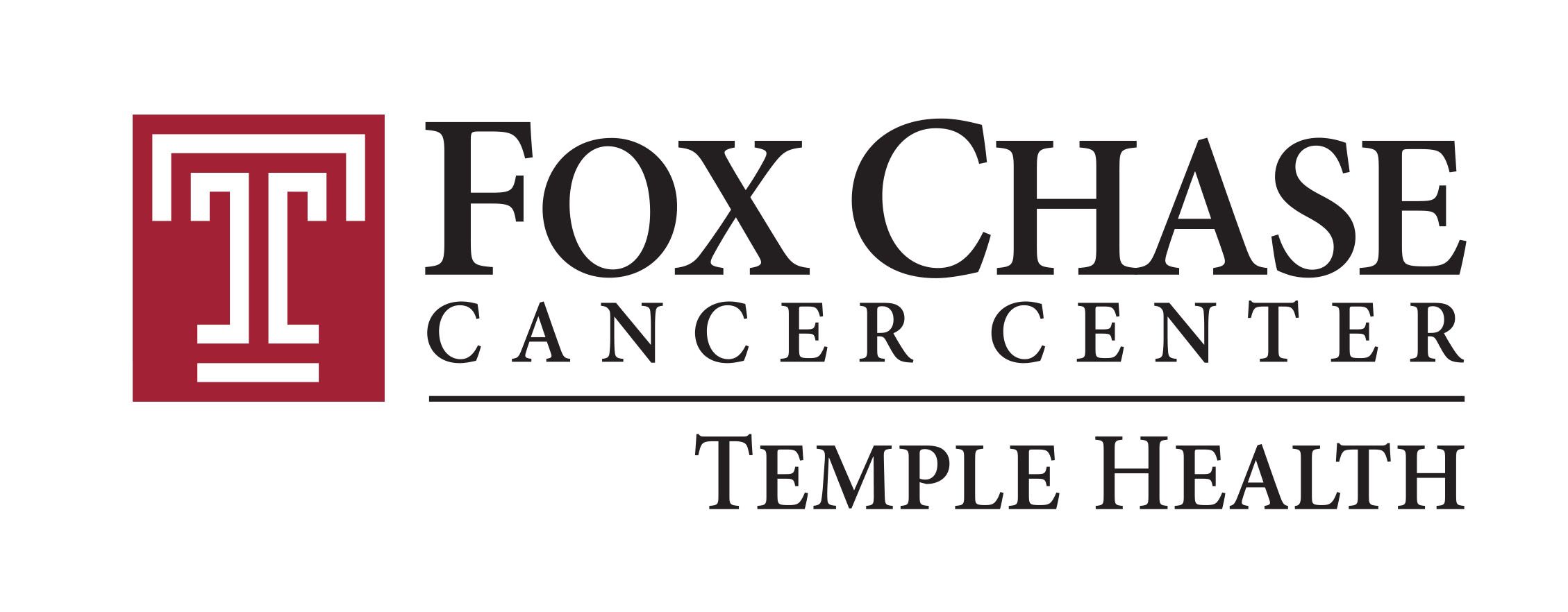- Advertise
- About OncLive
- Editorial Board
- MJH Life Sciences brands
- Contact Us
- Privacy
- Terms & Conditions
- Do Not Sell My Information
2 Clarke Drive
Suite 100
Cranbury, NJ 08512
© 2024 MJH Life Sciences™ and OncLive - Clinical Oncology News, Cancer Expert Insights. All rights reserved.
Study Available at Fox Chase Cancer Center Evaluates the Use of Reparixin in Combination With Paclitaxel for the Treatment of Metastatic Triple-Negative Breast Cancer
Medical oncologist Lori J. Goldstein, MD, from Fox Chase Cancer Center, have been looking at reparixin, an investigational study drug that targets breast cancer stem cells.
Triple-negative breast cancer (TNBC) is a subtype of breast cancer where <1% of the cells express estrogen or progesterone receptors, in addition to non-amplification of HER2-neu. As a consequence, TNBC is amenable neither to hormonal nor to HER2-targeted therapies, with the only treatments available consisting of surgery, radiotherapy and chemotherapy. In addition, chemotherapy seems to spare cancer stem cells (CSC), which preserve within themselves all the instructions to produce new neoplasm formations, and as such are a main cause of disease progression, development of metastases and relapses after treatment. That's why an international team of researchers, including medical oncologist Lori J. Goldstein, MD, from Fox Chase Cancer Center, have been looking at reparixin, an investigational study drug that targets breast cancer stem cells.
Laboratory and animal studies have shown that reparixin reduces the presence of breast cancer stem cells and the spread of disease (Ginestier, 2010). Following up on those promising results, a Phase Ib study in patients with metastatic breast cancer was initiated and completed, providing further data on the combination with chemotherapy and determined the recommended phase II dose (Schott, 2014).
Goldstein is one of the principal investigators that have launched a randomized phase II trial of the investigational drug in combination with paclitaxel to assess the efficacy and safety of the combination in patients with metastatic TNBC. Enrolled patients are given the chemotherapy drug paclitaxel (brand name Taxol) in conjunction with either reparixin or placebo.
Goldstein is the principal investigator of the trial at Fox Chase. The investigational drug was developed by the Milan-based Italian biopharmaceutical company Dompé Farmaceutici, which is funding the study.
Cancer stem cells (CSCs) are like “blank-slate” cells with the ability to grow into any of the multiple types of cells found in a tumor—including those that leave the primary tumor, travel through the body, and establish distant metastatic growths. They have been identified in many cancer types, including prostate, brain, colon, pancreas, and breast.
“Rationally designed studies targeting breast cancer stem cells are a promising strategy to improve the management of breast cancer,” said Dr. Lori J. Goldstein, breast cancer clinical research leader at Fox Chase Cancer Center.
A protein receptor called CXCR1—found on the surface of breast cancer stem cells—has been strongly associated with the spread of disease, including triple negative breast cancer. Preclinical laboratory studies provide evidence that reparixin may block CXCR1, and in the lab, reparixin applied to tumor cells caused them to undergo widespread cell death. In mice bearing breast cancer, reparixin slowed tumor growth and the spread of the disease (Ginestier, 2010).
“Preclinical research suggests that treatments aimed at eradicating CSCs directly may result in more durable responses to therapy,” says Dr. Marcello Allegretti, chief scientific officer of Dompé Farmaceutici.
“While trastuzumab has become the standard treatment for HER-2 positive breast cancer, Triple negative breast cancer remains a subtype of the disease that can be difficult to treat and is an area where standard targeted therapies are not yet available,” says Allegretti.
About Fox Chase Cancer Center
Fox Chase Cancer Center, part of the Temple University Health System, is one of the leading cancer research and treatment centers in the United States. Founded in 1904 in Philadelphia as one of the nation’s first cancer hospitals, Fox Chase was also among the first institutions to be designated a National Cancer Institute Comprehensive Cancer Center in 1974. Fox Chase researchers have won the highest awards in their fields, including two Nobel Prizes. Fox Chase physicians are also routinely recognized in national rankings, and the Center’s nursing program has received the Magnet recognition for excellence four consecutive times. Today, Fox Chase conducts a broad array of nationally competitive basic, translational, and clinical research, with special programs in cancer prevention, detection, survivorship, and community outreach. For more information, call 1-888-FOX CHASE or (1-888-369-2427).
Media inquiries only, please contact Amy Merves, Manager of Media Relations, Fox Chase Cancer Center at 215-728-7784.
References
Ginestier C et al., Journal of Clinical Investigation. 2010; 120:485-97
Schott AF et al., San Antonio Breast cancer Conference 2014, poster P6-03-01
About Dompé Farmaceutici
Dompé Farmaceutici is one of the top biopharmaceutical companies in Italy, focused on the development of innovative pharmaceutical solutions for diseases with high social impact, which are often incurable. Based in Italy, Dompé has its headquarters in Milan and focuses its research efforts in areas with unmet therapeutic needs, such as diabetes, organ transplants, ophthalmology, and oncology. The industrial center in L'Aquila (Abruzzo) houses a biotechnology facility known worldwide for its excellence and develops Primary Care drugs intended for markets in about 40 countries worldwide. In 2014 Dompé opened its offices in New York and in 2015 in Tirana. For further information, please visit: www.dompe.com and www.dompetrials.com.


